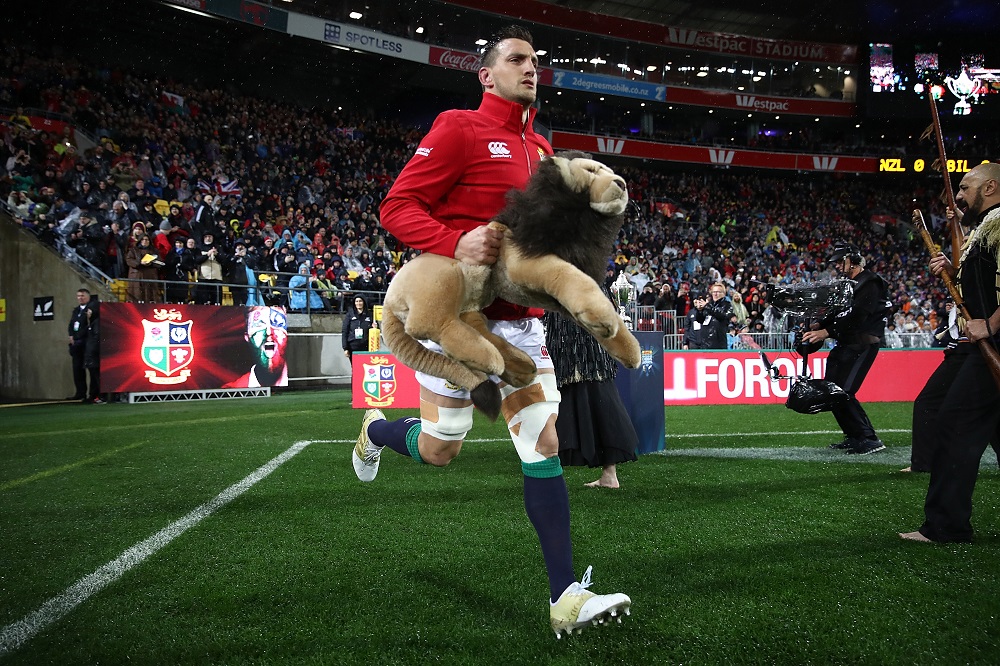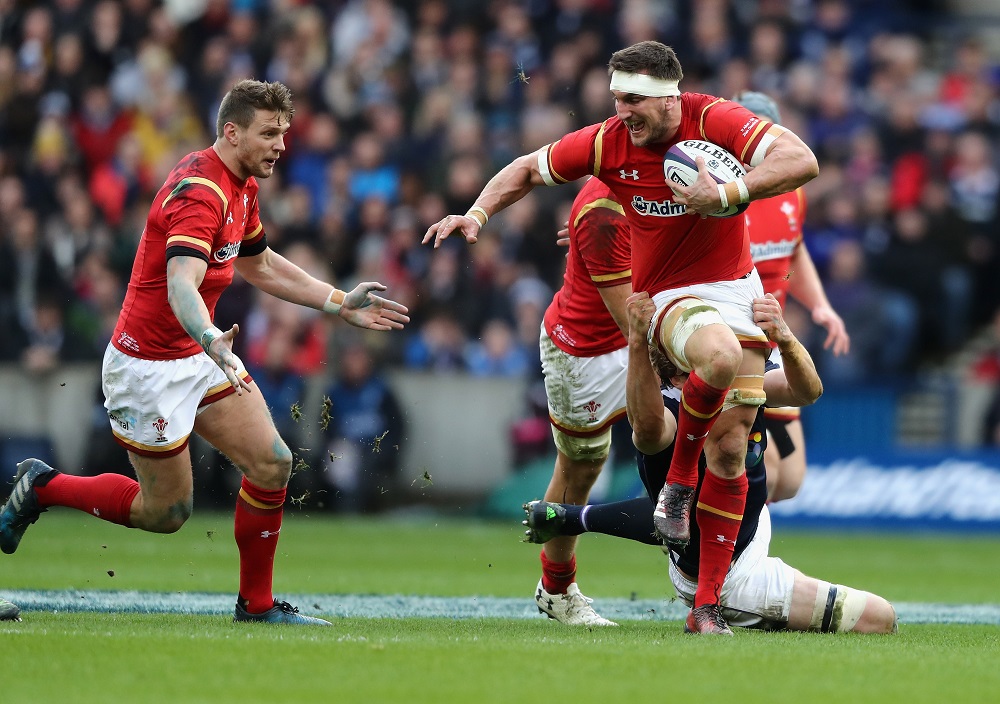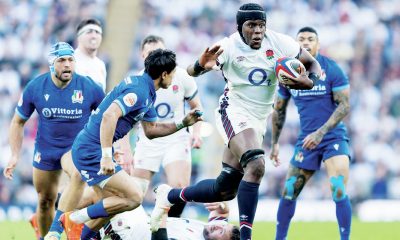

(Photo by Phil Walter/Getty Images)
By Peter Jackson
No matter what happens from now on, nothing will stop Sam Warburton taking up permanent residence in that part of the pantheon reserved for leaders of the Lions.
And to think that six months ago the fearless master of the turnover had been turned over by Wales, superseded as captain by Alun-Wyn Jones for the Six Nations. Warburton, the supreme team player, returned to the ranks and rose again to take undisputed charge of the best of British and Irish.
A drawn series to follow the winning one in Australia over modest opposition four years earlier puts him ahead of the only other double Lions captain, Martin Johnson, a winner in South Africa in 1997 only to lose a split decision to a mighty Wallaby team four years later.
The Welshman’s natural humility will prompt him to point out that Johnson won the most valuable pot of gold up for grabs, the World Cup. No other European has come close before or since save for Thierry Dusautoir in Auckland six years ago.
Warburton’s highly disciplined leadership of the Lions has elicited universal admiration and last Thursday morning it earned him a special mention on BBC Radio Four’s Thought For The Day, a renowned three-minute slot reserved for “reflections from a faith perspective on issues and people in the news”.
There is no reason to assume that the jet-lagged warrior would have heard it in which event he will be surprised to learn that his Lions captaincy has been mentioned on a spot famous for its multi-faith list of contributors, from Pope Benedict to Archbishops, Bishops, Chief Rabbis, Muslim professors and Sikhs.
Discussing the art of leadership in the context of the G12 summit, the award-winning novelist and screenwriter Rhidian Brook said: “Team sport has produced some great leaders and the epic British and Irish Lions series offered a fine example in Sam Warburton.
“In the final minutes of the final Test, the Lions captain, who had been uncomplainingly dropped for the first match, was praised not just for his exemplary play but for the quietly persuasive way he asked the referee to look again at the penalty decision, an interjection that saved the series.
“Afterwards a columnist suggested Warburton might consider a career in diplomacy where his gracious, ego-free approach might come in useful. When asked about his style of leadership Warburton said his main rule was not to become someone he wasn’t and remain friends with his teammates.”
Warming to his theme of “more subtle role models” instead of “the deceptive concept of the strong leader where too often appearance trumps substance”, Brook spoke of Angela Merkel standing at the centre of the male-dominated G12 leaders. Describing the German Chancellor as “the unlikely captain of a sports team”, he referred to her presence as a reminder of the Groucho Marx joke: “Only one man in a thousand is a leader of men, the other 999 follow women.”

(Photo by David Rogers/Getty Images)
Wales under Rob Howley created so much confusion over Warburton’s leadership last season the player himself arrived at the conclusion that he would be better off without it.
He made it clear he wished to return to the ranks, a request made not in any fit of pique but because he thought it best for all concerned. Warburton doesn’t do fits of any kind, let alone pique. As he has always said: “Captaincy has never been a motivation for me.”
If there is any such thing as a certainty in the volatile world of professional rugby, it is that Warburton will wear the armband when Wales open their season against Australia in Cardiff on Armistice Day.
Warren Gatland, having identified him as a leader at the age of 22, will surely see to that.
Where Warburton packs down, on the blind or openside of the scrum, is the real question. Continuing in his Lions guise at No.6 would open the way for Wales to make the most of the multi-dimensional Justin Tipuric as the other flanker.
Related TopicsBritish and Irish LionsLionsSam WarburtonWales

Click to comment

British and Irish Lions
Charlie Elliott: The 17 backs I would select for the British and Irish Lions

British and Irish Lions
Charlie Elliott: The 21 forwards I would select for the British and Irish Lions squad

























You must be logged in to post a comment Login